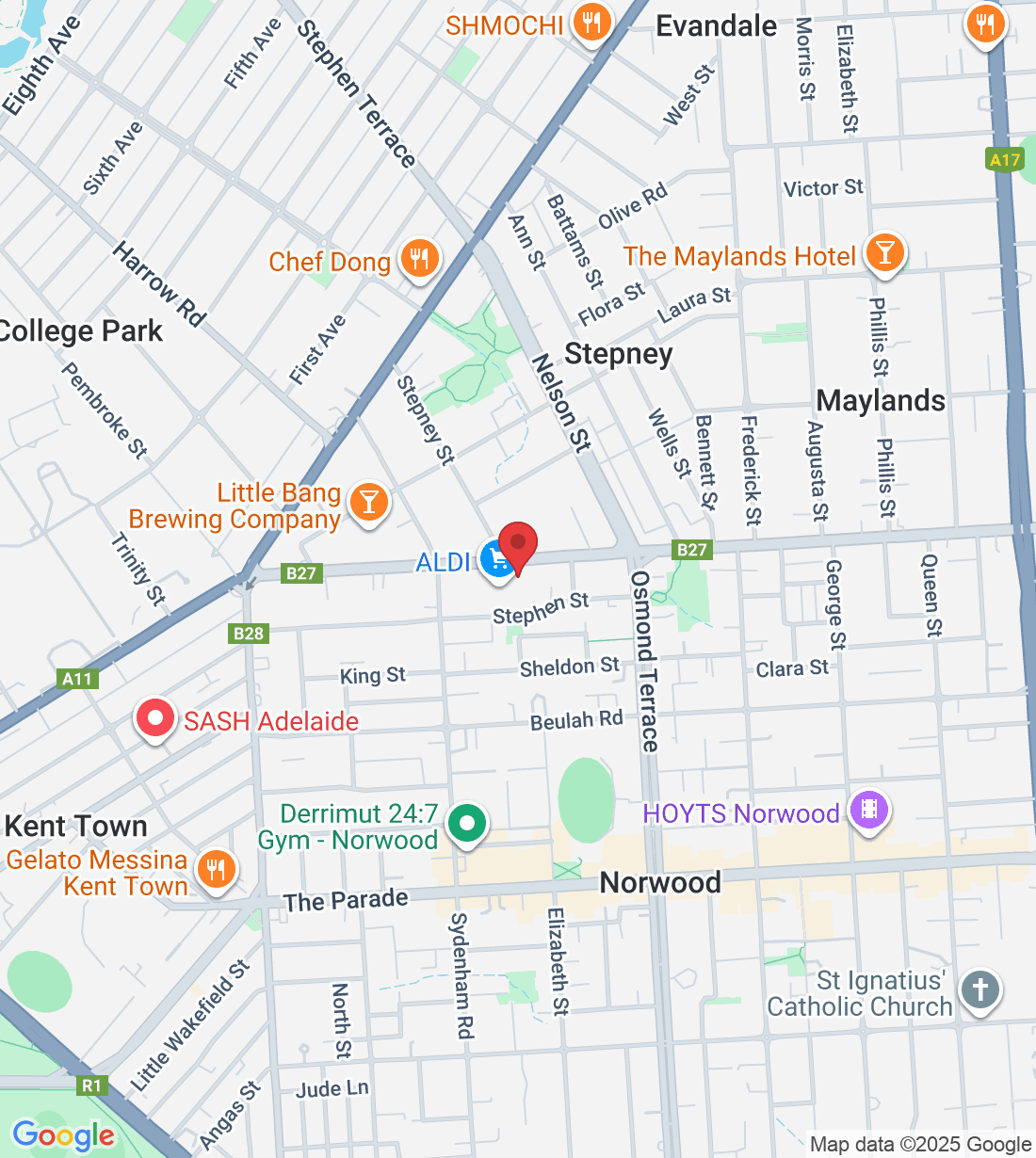
Menopause And The Gut
The average Australian woman goes through menopause around 51 years of age, but research tells us that symptoms can creep in five to ten years prior. This period is referred to as peri-menopause and can present differently from woman to woman. We’ve all come to expect the hot flushes and night sweats during menopause, but what about the rushing to the toilet? The constipation and uncomfortable bloating? Maybe even those instances of leakage when we couldn’t control?
Underneath all the hot sweats and sore hips, there’s a myriad of changes taking place ‘down south’. This is largely due to a decline in hormones, namely oestrogen and progesterone. These hormones have a role in hundreds of bodily functions, so it’s no wonder we notice so much change during “the change”. Here are just a few that occur under the surface…
Gut health issues

It’s widely accepted that hormonal balance can impact on good physical, mental and gut health. During menopause however, not all hormone shifts are created equal.
Constipation is a common symptom in older women, thanks to two main drivers: slow transit (or slowed movement through the gut) and pelvic floor dyssynergia (or poor coordination of the muscles and sphincters to allow for easy evacuation). Digestion is slowed more so by higher levels of cortisol (stress hormone), common in menopausal women.
Poorly managed constipation or stress can cause progesterone levels to drop faster, leaving an excess of oestrogen. Leaving women open to certain ‘trademark’ symptoms of menopause that are oestrogen-dominant – hot flushes, mood swings and central weight gain, to name a few.
Constipation is problematic at any age, but particularly during a woman’s 40s and 50s. Repeated straining and downward pressure on structures can increase the risk of pelvic organ prolapse. Research has also shown strong links between constipation and back pain in the menopausal population.
Those with obstetric injuries from childbirth years prior may notice changes such as heaviness or dragging. Reduced oestrogen leaves the pelvic floor muscles and supporting tissues thinner and less supple. Many urinary symptoms can also be traced back to bowel issues. Strengthening and supervised exercise programs can still be very effective, but avoiding strain and constipation is an important part of management.
For some, constipation is not the issue. Instead, many women approaching menopause report a loss of wind or bowel control. The anus (consisting of an internal and external sphincter) has an abundance of oestrogen receptors. As is the case with the pelvic floor muscles, these tissues become thinner and less efficient as hormone levels drop. This less effective closing mechanism can result in a loss of control, especially in moments of urgency or increased pressure.
Body shape and diet

Oestrogen plays a big role in our metabolism, how we store fat and process our food. When hormone levels drop during menopause, body composition can change. Women may notice less muscle mass and more weight distribution across their middle, even without changing their exercise or food intake. The body cleverly tries to hold on to any oestrogen it can, by storing which is most often stored in central (tummy) fat. Changing insulin resistance and carbohydrate sensitivity is another sign of lowered oestrogen. Feeling more prone to mood swings and those late night sugar cravings? This could be why.
The same oestrogen helps to reabsorb water and filter out through the kidneys and bladder. As levels decrease, the body can retain more water leaving women feeling bloated and uncomfortable.
But don’t swap out the water for wine just yet – alcohol and other toxins are processed through the liver ahead of excess oestrogen. Too much can impede sleep, which is critical to good digestion and stress management (as mentioned above).
Stress and sleep

Oestrogen boosts the concentration of feel-good chemicals (serotonin, dopamine) that promote mood, memory and calm. It also inhibits cortisol, leaving women with depleting oestrogen more susceptible to anxiety, stress, depression and ‘brain fog’. In fact, studies have shown peri-menopausal women are three times as likely to report symptoms of depression than their younger counterparts. Combine this with poor sleep (which occurs in 60% of this population) – it doesn’t make for a very easy time!
WHAT CAN I DO?

You may be losing oestrogen – but do not lose hope! The secret to surviving menopause gut issues can be very simple: EAT WELL + MOVE WELL = EXPEL WELL.
The World Health Organisation guidelines suggest adults exercise 150 minutes per week at a moderate intensity, including 2-3 sessions of strength training. This equates to 30 minutes, most days per week. How does your current routine measure up? Good food and activity choices are the best way to maintain balance and quality of life. Exercise is the treatment approach that keeps on giving, during and after menopause – benefiting heart, brain, bone, muscle, gut and mental health.
In particular, intensive exercise such as resistance training can raise your heart rate and stimulate muscle growth for well-rounded fitness. Our physios can prescribe you an individualised program to target those important areas – legs, glutes and abdominals – as well as ensure your proper technique for safety and confidence.
Prefer to workout in a group? Get bored or distracted on your own? No problem! Your Vital Core physio can recommend one of our classes to suit your needs – check out our timetable here to see what’s on offer!
Join the Strength and Conditioning class to work through your own program at your own pace, or perhaps join the circuit with our lively Mature Movers groups. Feel like a personal pilates-type routine is more your speed? Ask us today about how our Clinical Rehab classes can help you achieve your goals.
If it’s the pelvic floor muscles that you think may need work, come in and see one of our five Womens Health physios. They can address your symptoms (including bladder, bowel or heaviness), assess your function and formulate a tailored program to optimise your function in the long term. The literature tells us that this way of progressive strengthening – supervised, progressive and individualised – is the gold standard in pelvic floor muscle training.
Whether you are approaching, beyond or going through menopause, come in and chat with us today about how we can help. Do it for you – life’s too short not to!
REFERENCES
Stacy Sims, ROAR
National sleep foundation “menopause and sleep” Sept 16, 2010, http://sleepfoundation.org/sleep/topics/menopause-and-sleep
The Pelvic Health Podcast, “Menopause with physiotherapist Michelle Lyons”, Nov 8, 2019
Ask a question of Vital Core Physiotherapy
Fill in the form to request a Call From Our Team
One of our team will call you for FREE and answer any questions or concerns you may have about your condition
© 2023 Vital Core Physiotherapy





